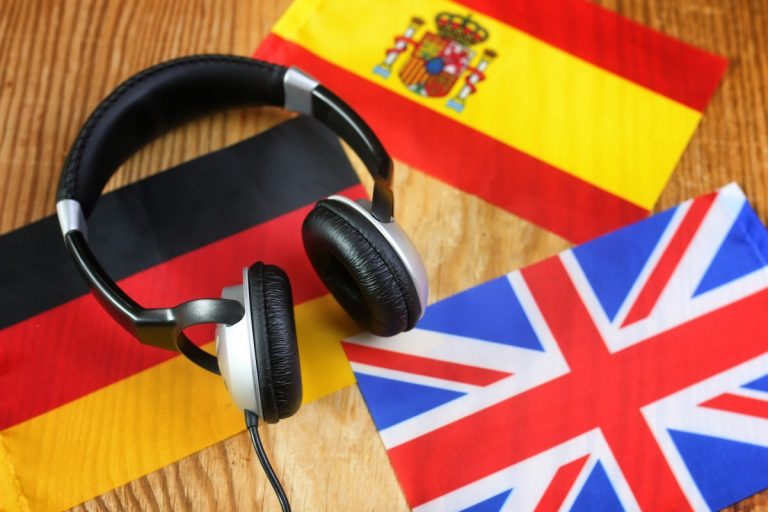
Fewer British teenagers than ever before are taking the English Baccalaureate (EBacc).
UK pupils are increasingly choosing not to study a language at GCSE level, causing the number of EBacc awardees to fall.
The EBacc was set up in 2010 by former Education Secretary Michael Gove. The programme requires pupils to study the sciences, history or geography and a language along with core subjects English and maths for their GCSEs.
Students must then receive five A*-C grades in these subjects (or the new numeric 4-9) in order to obtain the award.
The number of students entering the EBacc has fallen 1.5 percent from 2016. Last year 39.6 percent of pupils undertook the award, compared with only 38.1 this year.
Consequently, the number of students actually achieving the award with their five pass grades has dropped. This year 21.1 percent of pupils were awarded the EBacc, 2.4 percent fewer than the previous year.
Post-Brexit, it is even more important the UK remains relevant. Raising the country’s children to learn languages and be a part of a wider world is paramount.
“This is not the direction languages should be taking if the UK is to remain a globally-facing nation in the years ahead,” said Mark Lehain, director of Parents and Teachers for Excellence (PTA).
Lehain claimed the decline in those receiving EBacc is a fallout of the 2002 decision to make languages optional.
Thinking about it i'm happy i was forced to do a French exam in year 9, i wouldn't have chosen it as an option #LanguageGCSE
— PAIGE (@_l0wlight) August 23, 2012
Education ministers were hoping 75 percent of students would embark on the EBacc by 2022. This is looking less and less likely with more pupils deciding to drop languages once they reach GCSE age.
“We must ensure that pupils choosing their GCSEs understand the importance of languages to their futures and the future of this country,” said the Schools Minister Nick Gibb.
The English language is becoming increasingly more prevalent internationally. As a result the need for young English-speaking people to learn other languages is dwindling. Developments in technology in recent years have also lessened the need with subtitles and Google Translate.
With such reliance on technology, young people in the UK seem reluctant to pursue languages any further than the curriculum forces them to.
Liked this? Then you’ll love…
Students cheat – but can they be stopped in the age of technology?
Is computer-based testing at fault for California schools’ failures in English and math?







